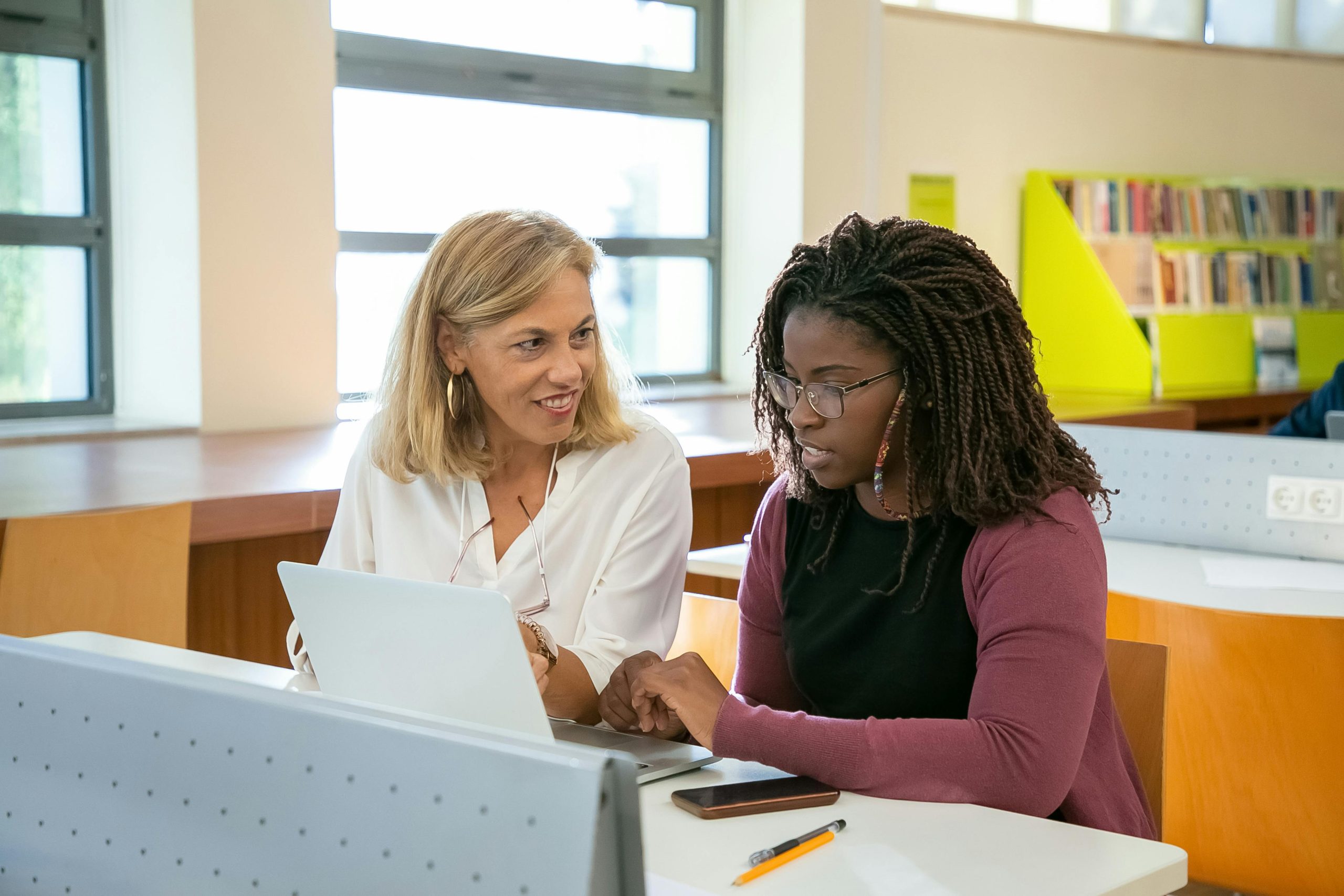Title: Ethical Considerations in Advocating for Special Education Resources: Public School Rights Versus Private Support
As educators and parents navigate the complexities of public education, a fundamental question often arises: What is the most ethical and equitable approach for families facing educational challenges? Should parents work within the public system to secure a free and appropriate education for their children, or is it more justified to invest privately to meet their child’s needs?
This discussion is particularly relevant for families whose children may not thrive in mainstream classrooms. For those of you working in public education, what are your perspectives on parents who actively challenge school districts—perhaps through legal means—to ensure their children receive the necessary accommodations? Is pursuing legal action to secure appropriate services an ethical stance, or does it raise concerns about fairness and resource allocation?
There are valid arguments on both sides. On one hand, every dollar spent on individualized support for one student is a dollar less for other children. Additionally, families who can afford legal representation might redirect funds that could otherwise enhance public resources or support for all students. On the other hand, using legal avenues to advocate for better services could potentially lead to systemic improvements, benefitting future students—including those from families with limited means who rely solely on public schools.
Public education has long been a core value of mine. Generally, I believe that if a family can leverage the public system effectively, they should do so, as the health and quality of public education depend on widespread participation. When only families with resources or specific advocacy skills access adequate support, it risks undermining the system’s integrity and equity.
Yet, it’s crucial to remember that every child is a unique human being, deserving of tailored support that meets their individual needs. For my child, who has a suspected special condition, I recognize that public education may present significant challenges or even be unsuitable. As we prepare to navigate this system, I find myself contemplating the ethical implications of advocacy and resource allocation, mindful that my child’s well-being is my primary concern.
Navigating these complex questions requires balancing individual rights with collective responsibility. Ultimately, fostering an equitable and effective public education system depends on ongoing dialogue, thoughtful advocacy, and a shared commitment to meeting each child’s unique needs.
